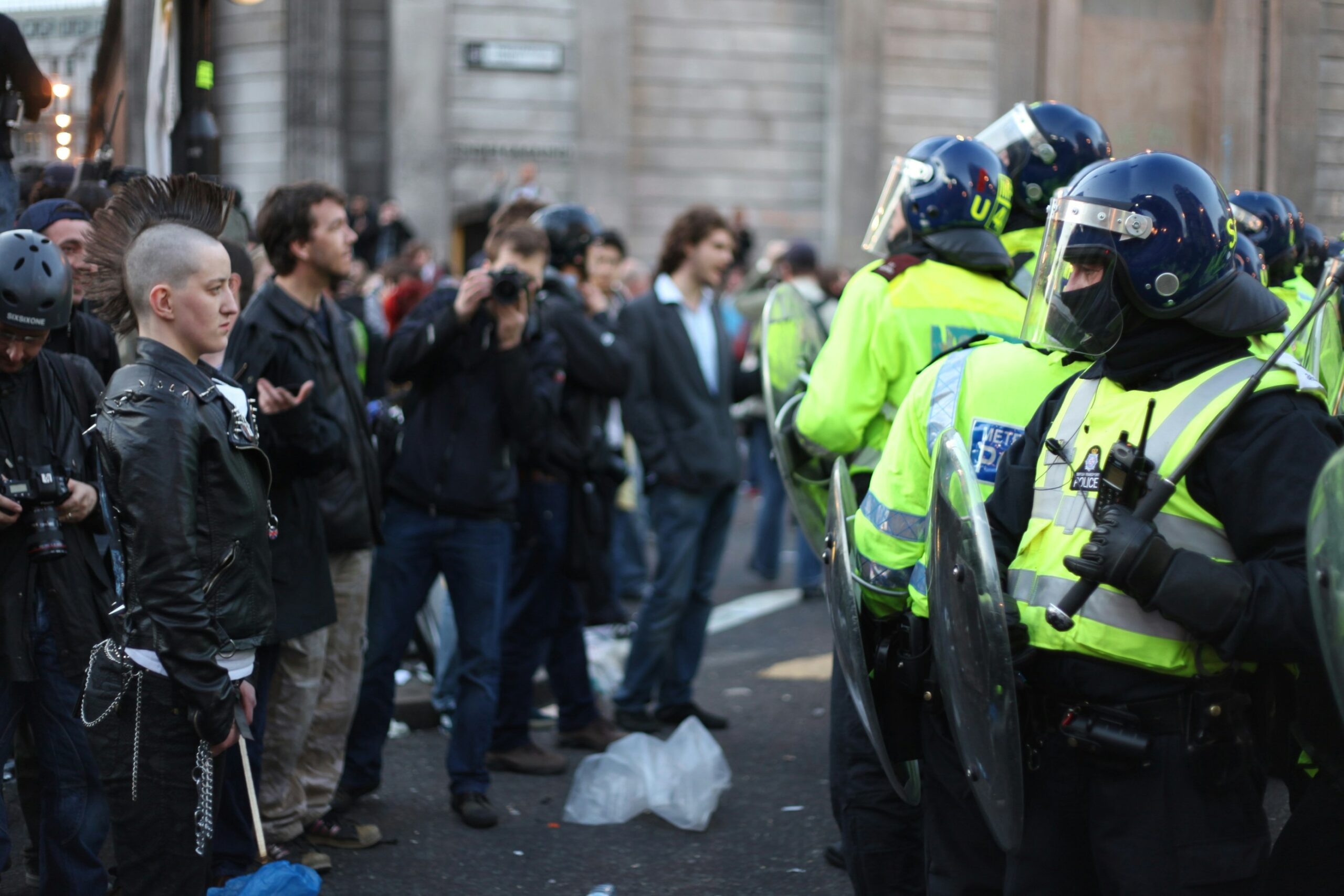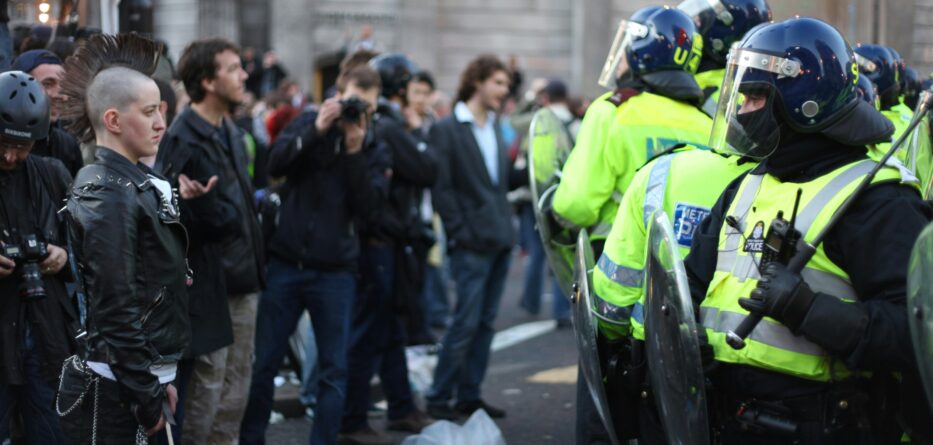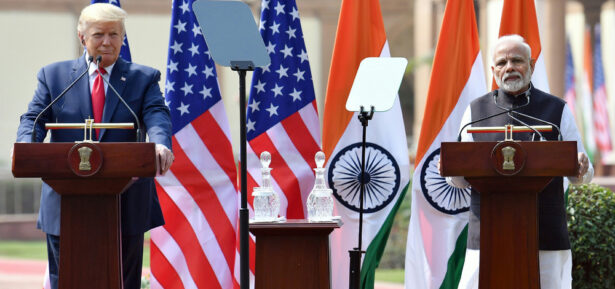
Credit: Unsplash
The recent anti-immigrant riots in the United Kingdom serve as a stark reminder of how unchecked misinformation on social media can translate into real-world violence and harm. The unrest, which has seen rioters attacking mosques, setting cars ablaze, and clashing with police, has been driven by false claims and divisive rhetoric circulating on platforms such as X (formerly Twitter).
Despite authorities identifying a UK national as the suspect behind a series of deadly stabbings targeting children, misleading information about the attacker’s identity and background has continued to inflame anti-immigrant sentiment. Extremism researchers and law enforcement officials have pointed to this misinformation as a catalyst for the recent violence, highlighting a troubling pattern of online lies fueling offline chaos.
This incident is not an isolated case. History shows that misinformation has frequently sparked politically motivated violence, from the Rohingya genocide to the January 6, 2021, attack on the US Capitol. The connection between false claims and unrest underscores a persistent issue that has resisted previous efforts to curb harmful online content.
Despite years of advocacy for stricter content moderation by governments and civil society, recent trends suggest that the problem is worsening. Some major social media platforms have recently scaled back their moderation efforts, raising concerns that violence driven by misinformation may become more prevalent.
Critics argue that social media companies prioritize profits over user safety and fail to adequately address the risks associated with online misinformation. This situation mirrors other negative externalities, such as pollution, where the societal costs are high, but solutions remain elusive.
In response to the riots, there are signs of increased regulatory action. The European Union’s Digital Services Act and the UK’s Online Safety Act are set to impose stricter rules on social media platforms, including requirements to remove illegal content. UK Prime Minister Keir Starmer has indicated that further scrutiny of social media is likely following the recent disorder.
In the UK, individual perpetrators of online hate are already facing consequences. Jordan Parlour from Leeds received a 20-month jail sentence for posting material intended to incite racial hatred on Facebook. Meanwhile, the US has begun addressing online harms with the Kids Online Safety Act, though more comprehensive regulations are still pending.
The UK riots reveal a troubling reality: some social media platforms may be accepting a certain level of misinformation-fueled violence as an unavoidable cost of their business model. As we navigate an increasingly digital world, the challenge remains to balance the benefits of connectivity with the imperative to curb the spread of harmful misinformation.
-
Credit: Shutterstock Disturbing new evidence emerging from the frontlines of Ukraine paints a grim picture of how Russian troops...
-
Credit: Shutterstock Former U.S. President Donald Trump has once again placed Greenland at the center of global conversation, reviving...
-
Credit: Shutterstock Minnesota Congresswoman Ilhan Omar has revised her public comments following the release of new video footage related...
-
Credit: Shutterstock Ukraine’s intelligence landscape is entering a bold new phase as President Volodymyr Zelenskyy reshuffles the top ranks...
-
Credit: Shutterstock In a decisive move aimed at safeguarding civilians and preserving Yemen’s unity, the Saudi-led Coalition has confirmed...
-
Credit: Shutterstock A towering 24-meter replica of the Statue of Liberty was brought down by powerful winds in southern...
-
Credit: Shutterstock Europe is feeling the chill of more than just winter weather, as a potent strain of flu,...
-
Credit: Shutterstock In a pivotal moment for global diplomacy, Russian President Vladimir Putin is set to meet U.S. special...
-
Credit: Shutterstock Udaipur witnessed a glittering fusion of Hollywood, Bollywood, and high society this week as global icon Jennifer...
-
Credit: Shutterstock Following a horrifying road accident involving Umrah pilgrims on the Mecca–Madinah highway late Sunday night, India is...
-
Credit: Shutterstock The world is reeling from the irony this week after reports confirmed that over 100,000 trees were...
-
Credit: Shutterstock As Hurricane Melissa tore across the Atlantic, shattering records and testing the limits of modern aircraft, a...




















